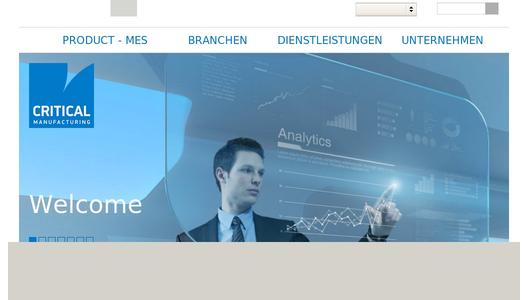The key learning here is that any improvement which is desired can best result from efforts made simultaneously, throughout the organization, encompassing each and every functional area. IT is one of the most critical functional areas for any manufacturing organization and has been one of the key drivers for change towards continuous improvement.
Today, we will discuss whether or not there is a need to migrate from the current legacy systems being used in plants worldwide to the newer MES applications, which are being rolled out in best-in-class plants. Few points to note before we proceed further:
1. With the fast changing technology and market space, manufacturers worldwide are looking for more flexibility, cost-effectiveness, higher quality and visibility from their plant operations,
2. IT is believed to be a key contributor to improvement, along with the organizational structure, business processes and people,
3. For an organization to become more flexible it is critically important to have an integrated value chain, where information travels in real-time and decisions are fact based, which depends on obtaining data, harnessing the information and acting based on analysis of the obtained information.
So why replace something that isn’t broken?
First and foremost, is to analyze the status quo from the industry perspective. In industries where the technology isn’t evolving rapidly and where demand is somewhat stagnant, where there are limited opportunities of disruptive changes and growth, one might just be able to survive without even considering migration. But most industries in the world are experiencing a sea change in how things are done and the way consumers react, here too the impact of internet/IT is massive, and if the industry to which your organization belongs is also evolving at a fast pace then this article is totally worth a read.
Typically legacy MES systems are tailor made applications, designed to execute a particular production process, for a specific location/plant, capturing all nuances of that production process. These applications are generally on-site installations, which result from a high initial investment made in both the software and the hardware, not to mention the need to have on-site IT personnel for managing any issues with the software.
These applications lack the capability to change and to accommodate any process change, either because of the way they have been designed or because of the fact that changing their current functionality would cost more than replacing them. While tailor made software was considered the in-thing till the last decade or so, it can very soon become a liability if it is incapable of change. In-fact considering the fast pace of change in manufacturing, rigid, tailor-made applications have the potential of hindering continuous improvement efforts.
Legacy MES have a few very serious limitations.
One is the fact that they are incapable of providing the end-to-end visibility/connectivity, now highly valued by manufacturers. This is because of their inability to integrate with higher level applications, which might have come on board after the application was rolled out, say the ERP, or CRM or SCM.
Click here to read the rest of the blog and find out how exactly do you know that it’s time to change.


